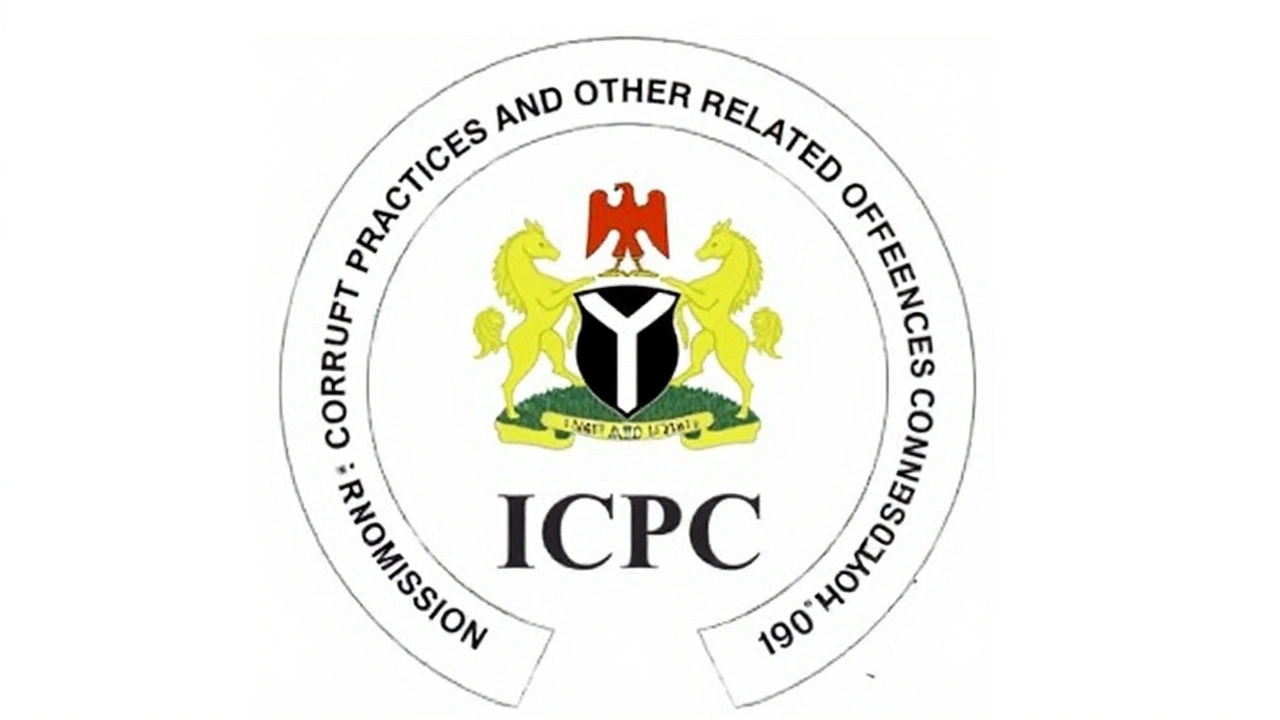Nigeria corruption: latest news, key cases and what to watch
Corruption shapes politics and business in Nigeria every day. You see headlines about stolen funds, court cases and investigations, but what does that mean for people and the economy? This tag page gathers clear, up-to-date coverage and explains the stories behind the headlines so you can follow developments and take action.
Major agencies lead most prosecutions. The Economic and Financial Crimes Commission (EFCC) and the Independent Corrupt Practices Commission (ICPC) investigate graft, freeze assets and bring charges. They work with courts, foreign partners and banks to trace money. Still, prosecutions can be slow and evidence is often contested.
High-profile cases matter because they set examples. When politicians, contractors or business leaders face charges, courts decide if the system can hold powerful people to account. Recent scandals have involved oil revenue, public contracts and misused relief funds. Watch for asset recoveries, plea deals and sentencing — those outcomes show whether enforcement is meaningful.
How does corruption affect you? It raises costs, lowers service quality and diverts money from schools, hospitals and roads. Businesses face extra expenses through bribes or unreliable contracts. Investors watch graft levels closely; high corruption often scares away capital and slows job creation.
Want to follow the news responsibly? Start with official sources like EFCC statements and court filings, then read reliable reporting that cites documents and named sources. Check if a report links to court records, audit reports or asset recovery notices. Be cautious with social posts and unverified claims, especially during elections.
You can support transparency in small ways. Demand public disclosure of budgets and procurement lists from local officials. Use open data portals and audit reports to spot discrepancies. Support local watchdogs and journalists who verify documents and follow money trails. Reporting corruption to appropriate agencies helps, but keep copies of any evidence and use anonymous channels if safety is a concern.
Legal reforms are on the table, but challenges remain. Weak institutions, political interference and slow court calendars limit progress. International cooperation has helped recover assets held abroad, yet repatriation and proper reinvestment still need stronger safeguards.
What to watch next? Follow court timetables, published audit reports, and anti-graft agency press releases. Pay attention when governments publish procurement data or budget amendments. Major banking investigations, leaked documents or whistleblower testimonies often lead to fresh probes and arrests.
If you want regular updates, subscribe to our Nigeria corruption tag feed. We track new investigations, trials, recovered assets and policy changes, and explain what they mean for citizens and businesses. Staying informed helps you hold leaders accountable and spot patterns that repeat across administrations.
Practical tips: keep receipts for any public service payments, ask for written contracts, record meetings where safe, use transparency portals like Budget Office and state procurement sites, support civic tech groups that publish data, and vote for candidates with clear anti-graft plans. Small community actions add up and pressure officials to change how they work. Follow our reporting and share widely today.
ICPC Probe Reveals Missing ₦71.2 Billion in Nigeria Student Loan Disbursements
The ICPC is investigating missing funds from the Nigeria Education Loan Fund, with only ₦28.8 billion out of ₦100 billion reaching students. Over 50 tertiary institutions face scrutiny for unauthorized deductions, while protests and deeper probes into top government agencies intensify.
